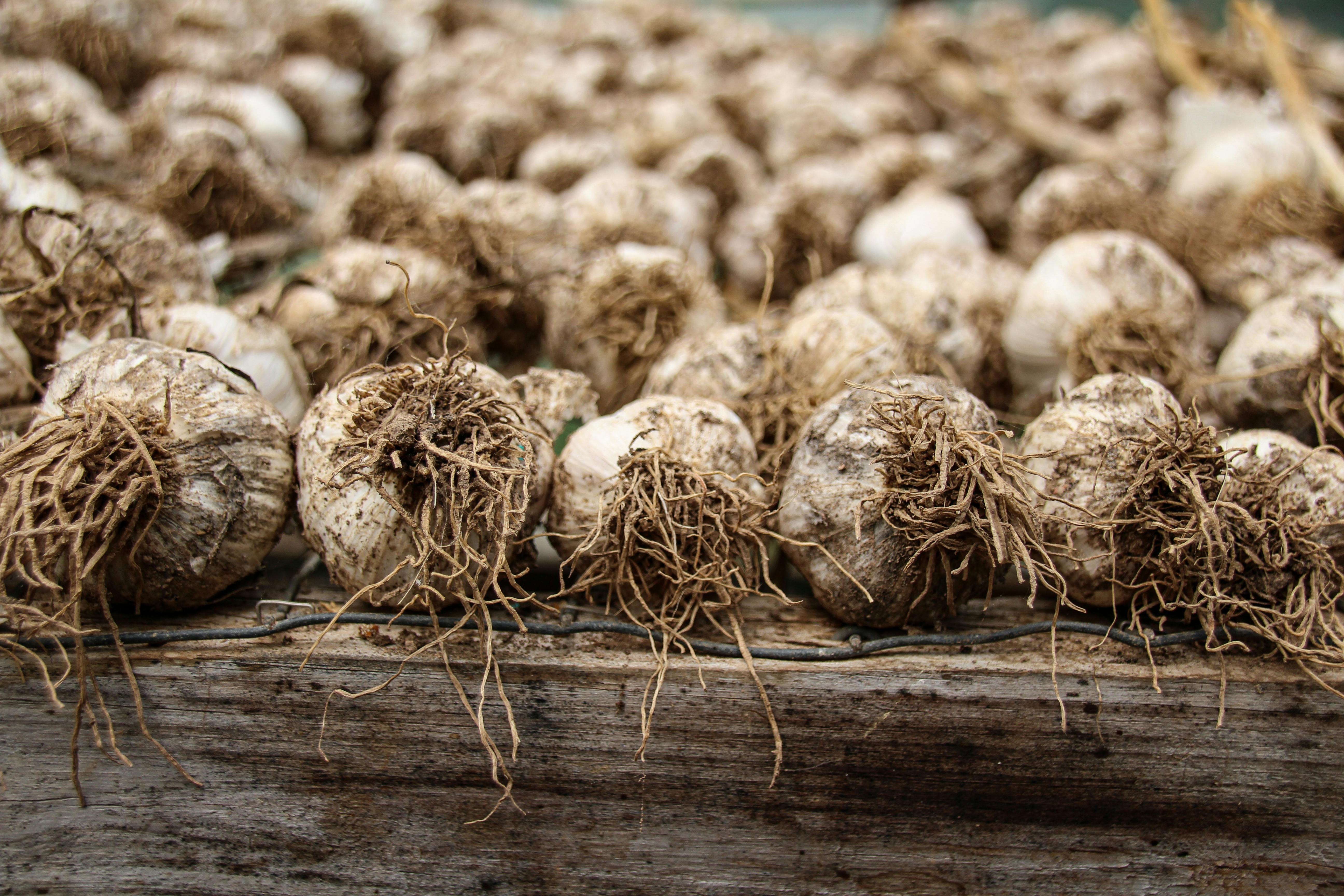Effective Ways to Stop Coughing Instantly in 2025: Discover Proven Solutions

Effective Ways to Stop Coughing Instantly in 2025: Discover Proven Solutions
Coughing is a common reflex that plays a crucial role in keeping our airways clear, but it can also become a bothersome annoyance. Prolonged coughing can significantly interfere with daily activities, sleep, and overall quality of life. Especially in 2025, as we continue to adapt to seasonal allergies and respiratory concerns, effective strategies for instant cough relief are more crucial than ever. This article explores proven solutions to stop coughing quickly, offering both natural and medicinal remedies to suit every need.
Understanding what triggers your cough is essential. Whether it’s a dry cough stemming from allergies or a wet cough signaling a cold, different approaches will provide relief. Here, we will look into effective cough treatments, including home remedies, herbal options, and professional advice to help you manage persistent coughs.
Key takeaways from this article include actionable tips on natural cough remedies, dietary considerations for cough relief, and a comprehensive look at when medical advice is necessary. With the right knowledge and techniques, you can find the quick relief from coughing that you seek.
Effective Cough Treatments to Soothe Symptoms
Understanding Cough Types
Coughing can be classified into various types based on the characteristics and underlying causes. Identifying the type of cough you have is crucial for effective treatment. A dry cough often irritates your throat, while a productive cough involves mucus. Each type requires a tailored approach for relief.
Over-the-Counter Cough Remedies
When looking for immediate cough relief techniques, over-the-counter cough syrups and suppressants can offer swift assistance. Ingredients such as dextromethorphan can provide quick relief for dry coughs, while guaifenesin works effectively for a productive cough by thinning mucus. Consult healthcare providers to ensure the selected remedy aligns with your cough type.
Natural Cough Remedies at Home
Home remedies for cough can be both effective and soothing. Consider natural options like honey for cough relief, which has antibacterial properties and a soothing effect on the throat. Drinking warm liquids, such as herbal teas, can also provide comfort and help alleviate throat irritation. You may also enjoy the benefits of steam inhalation to ease congestion.
Using Humidifiers and Steam Inhalation
Staying hydrated is vital for cough relief. Incorporating humidifiers in your space can help keep the air moist, which aids in soothing irritated airways. For quick fixes for cough, steam inhalation with essential oils can provide immediate symptom relief, opening nasal passages and reducing discomfort.
Understanding When to See a Doctor
While many coughs can be managed with home remedies and over-the-counter solutions, knowing when to seek professional help is critical. If your cough persists for more than a few weeks, produces blood, or is accompanied by other severe symptoms, consult a healthcare provider to rule out serious underlying conditions.
Strategic Home Remedies for Persistent Coughs
Utilizing Herbal Teas for Cough Relief
Herbal teas provide a gentle and effective means to manage coughing and soothe sore throats. Ginger tea, for instance, is known for its anti-inflammatory properties, while chamomile tea serves as a calming agent that may help facilitate relaxation and reduce coughing fits.
Throat Lozenges and Cough Drops Effectiveness
Throat lozenges can help ease coughs by providing moistening relief and reducing throat irritation. Choose lozenges that contain menthol or eucalyptus for an additional soothing effect. Cough drops also work as effective cough treatments to provide temporary relief in situations where swallowing might be difficult.
Dietary Measures for Cough Relief
Your diet can significantly impact your cough severity. Incorporating anti-inflammatory foods like turmeric and lemon juice can be beneficial. Likewise, maintaining hydration through plenty of fluids not only helps thin mucus but also keeps your throat lubricated, preventing irritation.
Relaxation Techniques and Breathing Exercises
Practicing relaxation techniques and rhythmic breathing exercises can be powerful tools in managing cough reflexes. Techniques such as diaphragmatic breathing help you regain control over your cough and can also calm the nervous system, alleviating the urge to cough.
Avoiding Common Cough Triggers
To minimize coughing, it’s important to identify and avoid common irritants such as smoke, strong fragrances, and allergens. Each individual may have different triggers; therefore, creating a cough prevention strategy personalized to your environment will greatly enhance recovery.
Essential Tips for Managing Nighttime Coughs
Staying Hydrated for Nighttime Relief
Managing nighttime cough can be particularly challenging. Staying hydrated throughout the day is essential, and consider consuming a warm drink before bed to provide a soothing effect. Honey mixed with warm water is ideal, as it can coat the throat and reduce irritation.
Using Warm Compresses for Chest Congestion
A warm compress placed over the chest can relieve chest congestion associated with coughs. The heat helps to ease any tightness and improve circulation in the area, ultimately providing comfort and relief during coughing fits.
Utilizing Essential Oils for Quick Relief
Essential oils like eucalyptus and peppermint can be incorporated into your nighttime routine. Diffusing these oils or applying them in diluted forms can facilitate better breathing and relief from a persistent cough. Always conduct a patch test and consult a physician for recommendations tailored to your needs.
Nighttime Cough Calming Techniques
Incorporating calming bedtime routines can significantly impact your quality of sleep and reduce coughing. Deep breathing or relaxation exercises as part of your wind-down can signal your body to relax and reduce the likelihood of a cough interruption at night.
Professional Strategies and Long-Term Cough Management
Developing an Effective Cough Management Plan
For those suffering from chronic or persistent cough, a systematic approach to management is key. Work with healthcare professionals to develop a comprehensive cough management plan tailored to your specific symptoms. This may involve counseling on lifestyle changes, dietary adjustments, and understanding environmental triggers.
Understanding the Role of Stress in Coughing
Stress management is often overlooked in cough relief discussions. High-stress levels can exacerbate cough reflexes. Engage in stress-reduction practices such as yoga, meditation, or regular physical activity to enhance overall respiratory health.
Utilizing Breathing Techniques for Relief
Breathing techniques focus not only on enhancing lung capacity but also on calming the body's response to coughing. Techniques like pursed lip breathing can help control abnormal coughing reflexes, especially in situations involving exertion or respiratory strain.
When to Consider Prescription Cough Treatments
If home remedies and over-the-counter options prove ineffective, it may be time to consider prescription treatments. Discuss the potential benefits and risks of prescription cough suppressants or expectorants with your healthcare provider to determine the best course of action.
Conclusion: Coping with Coughs Effectively and Responsively
In summary, whether you're seeking natural cough remedies, effective cough treatments, or strategies for managing persistent coughs, a well-rounded approach will serve you best. From understanding cough types to implementing lifestyle changes, there are numerous tools at your disposal to stop coughing instantly. Always be attentive to your body's signals and seek medical advice when necessary to ensure optimal health outcomes.

